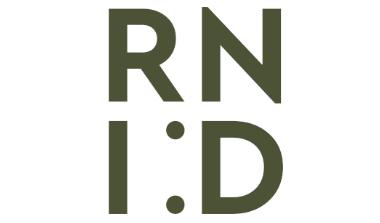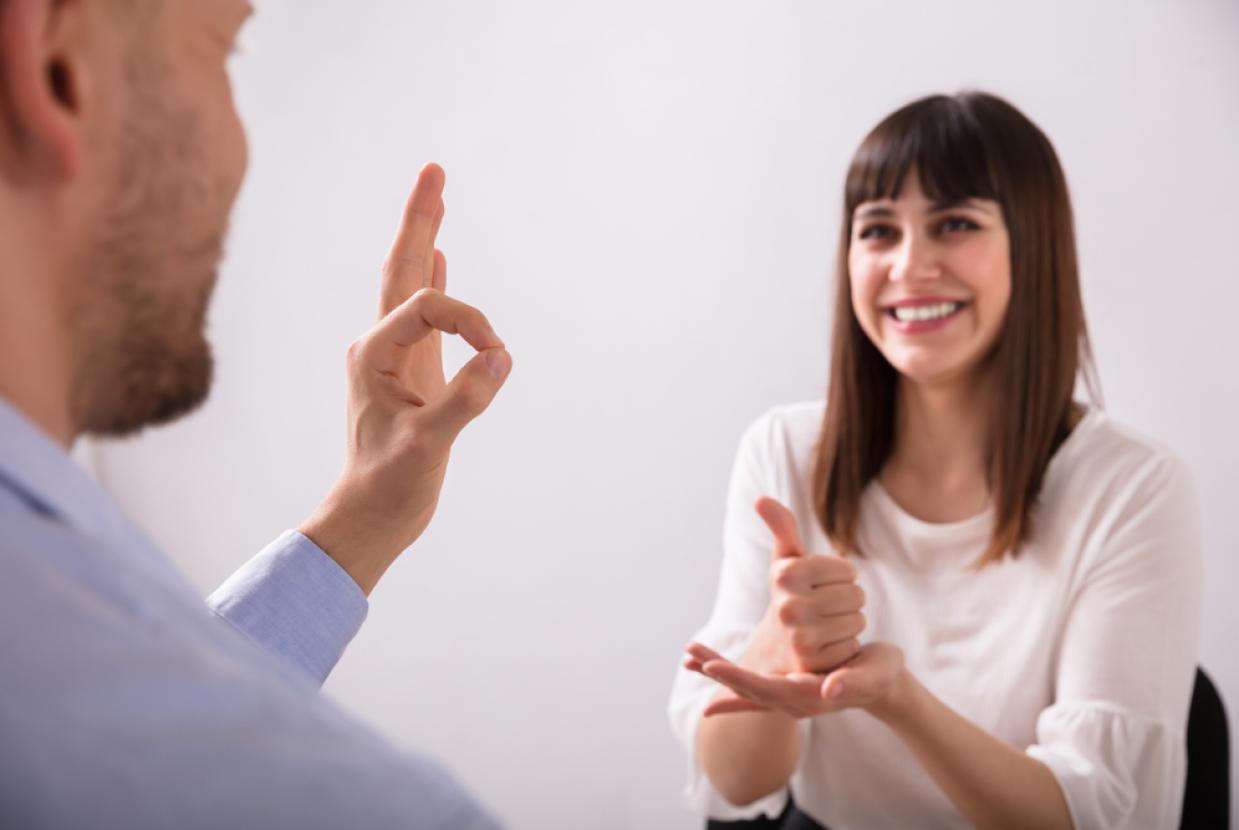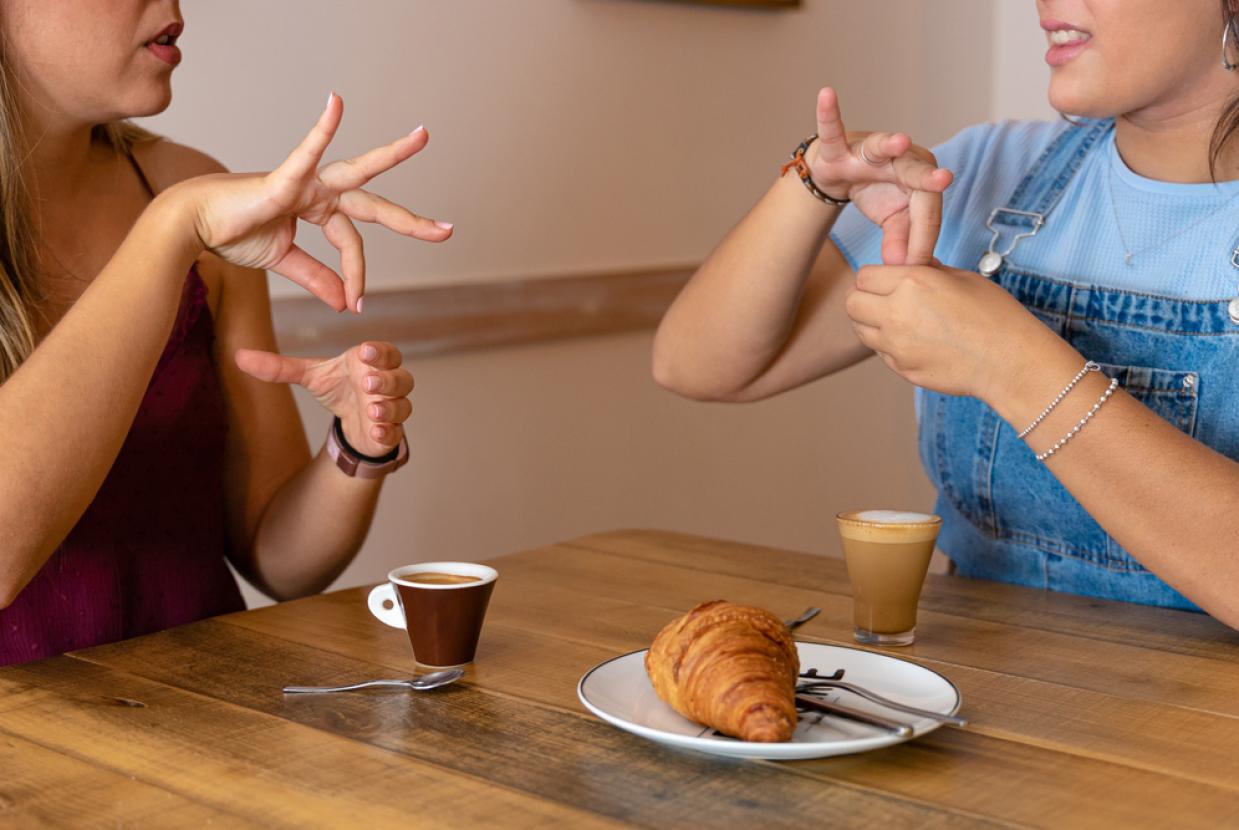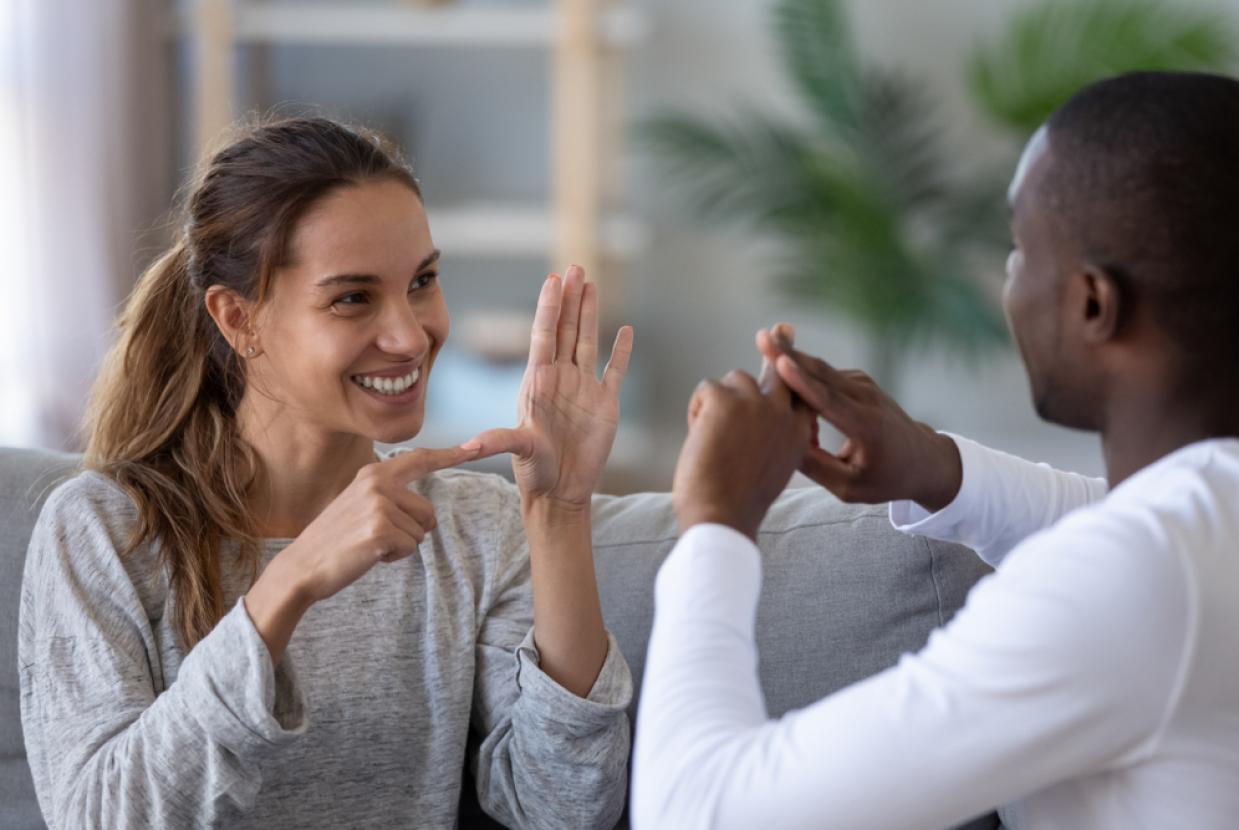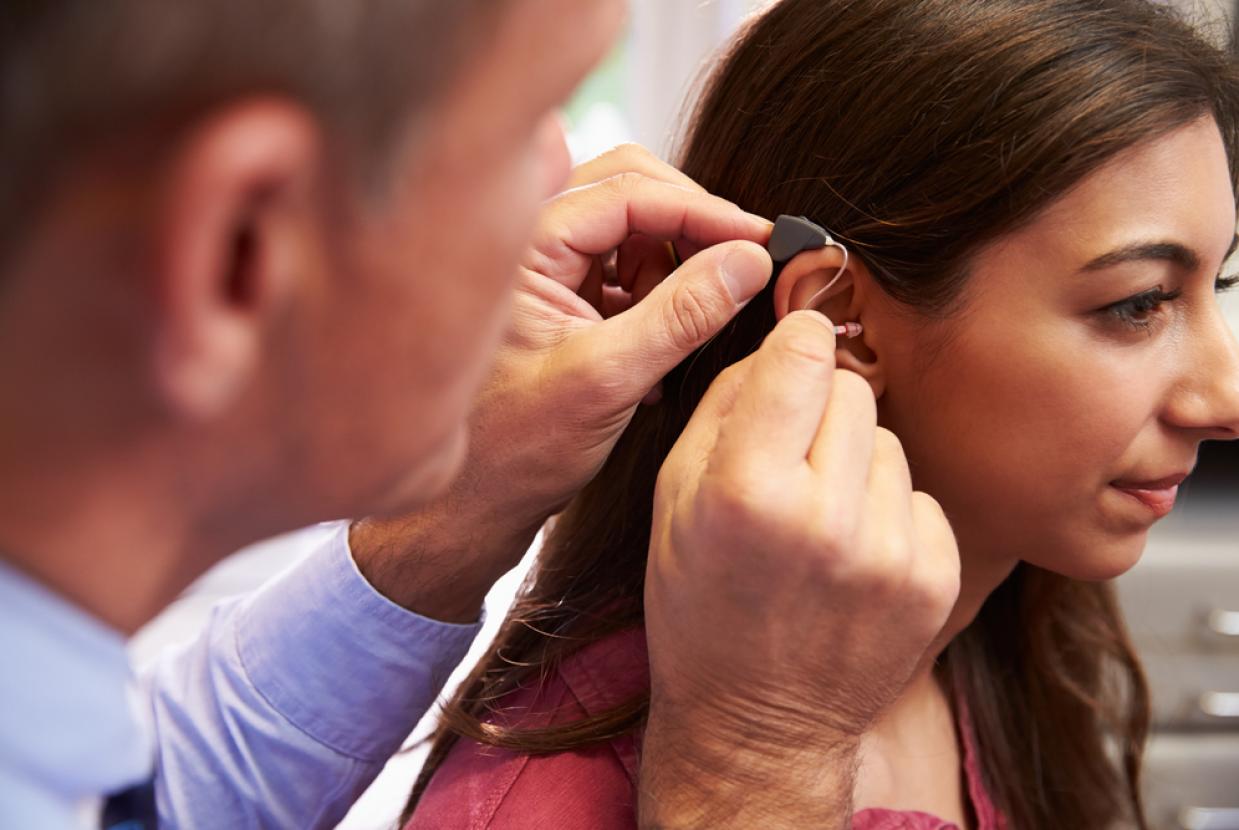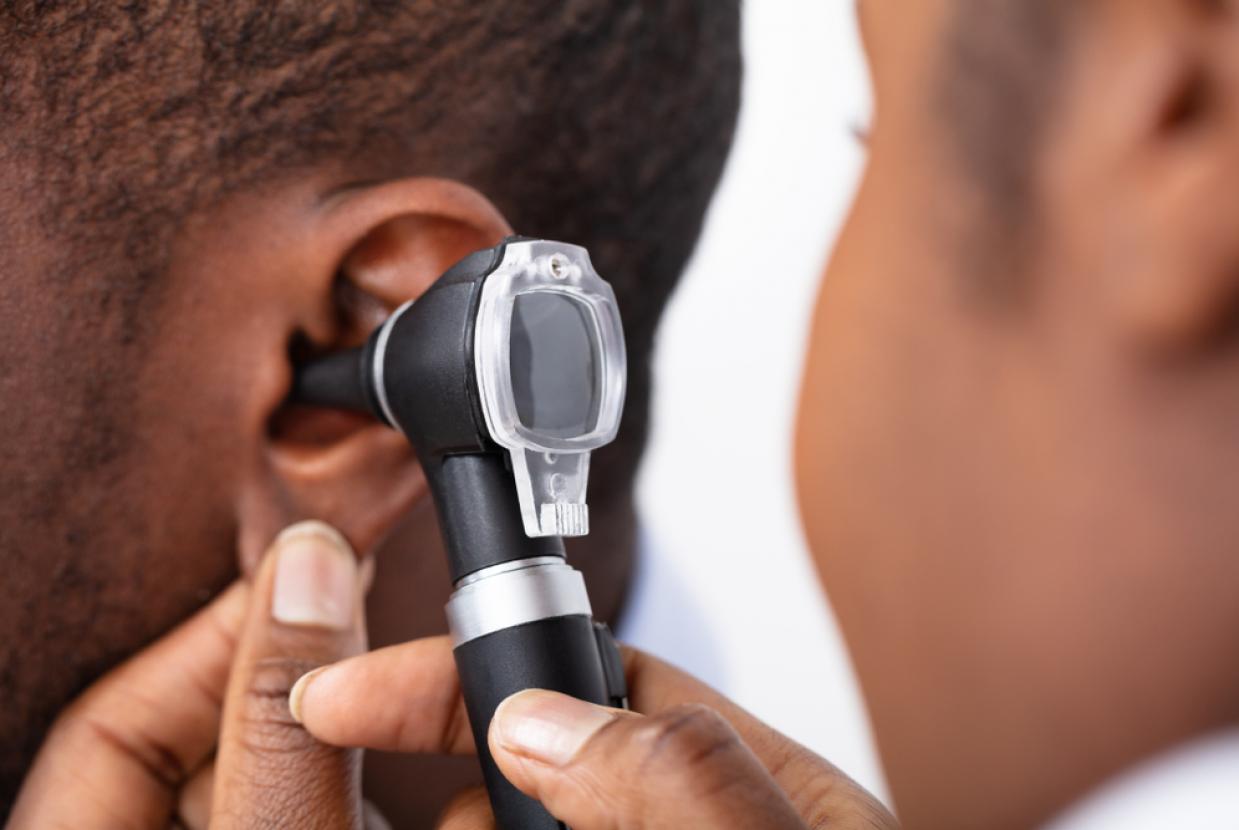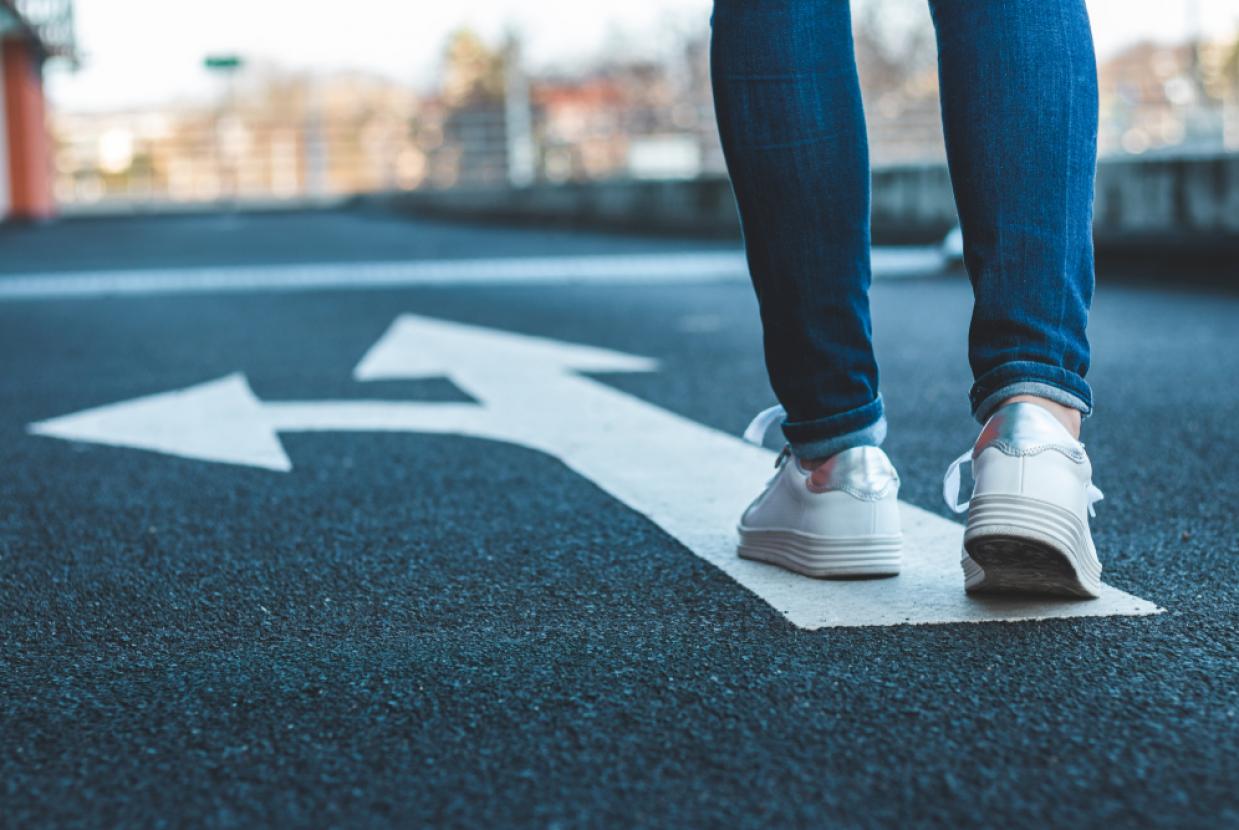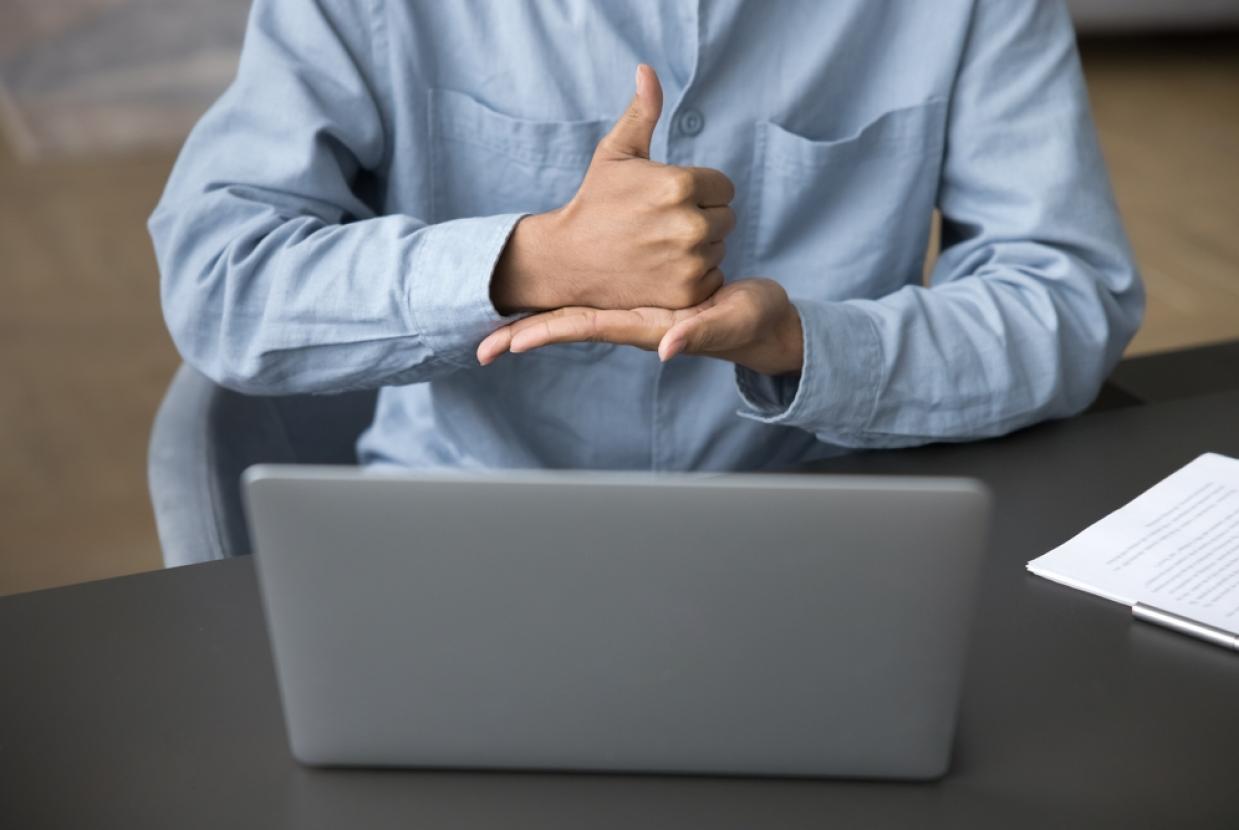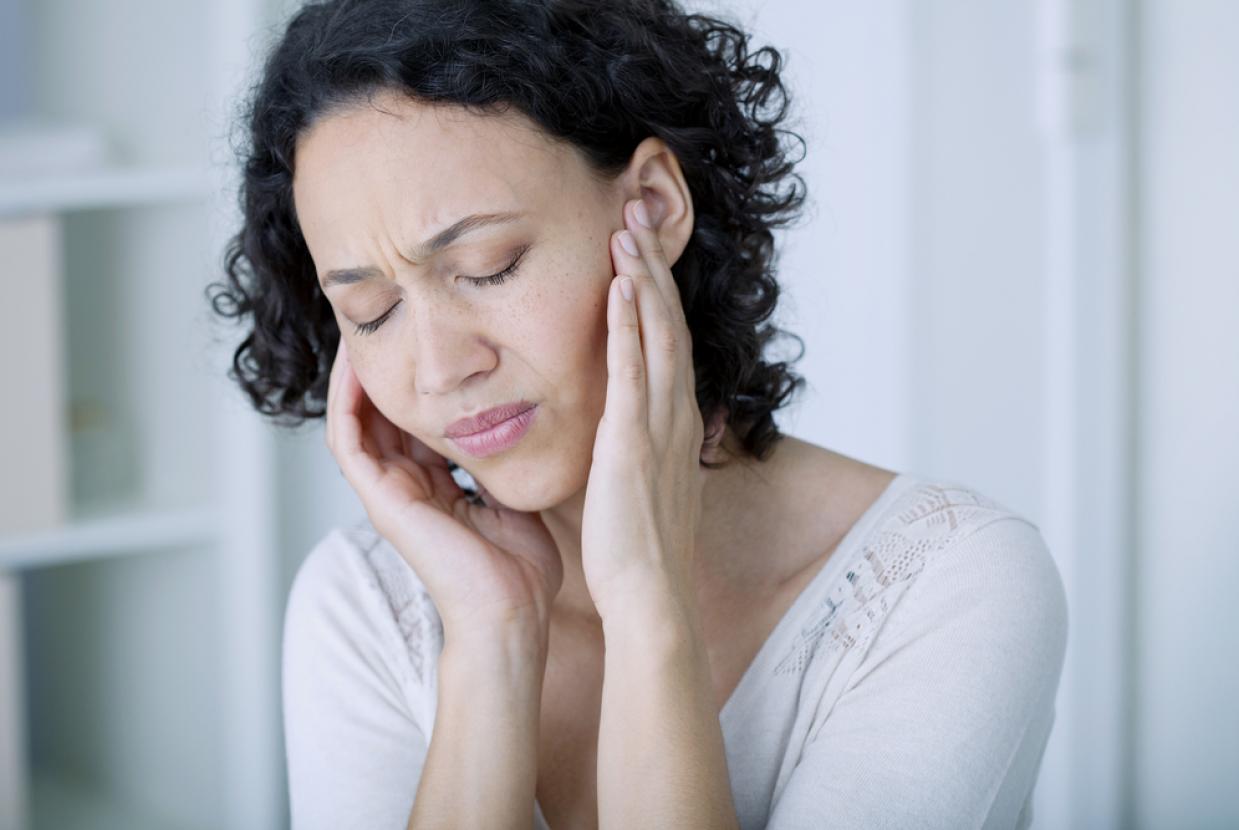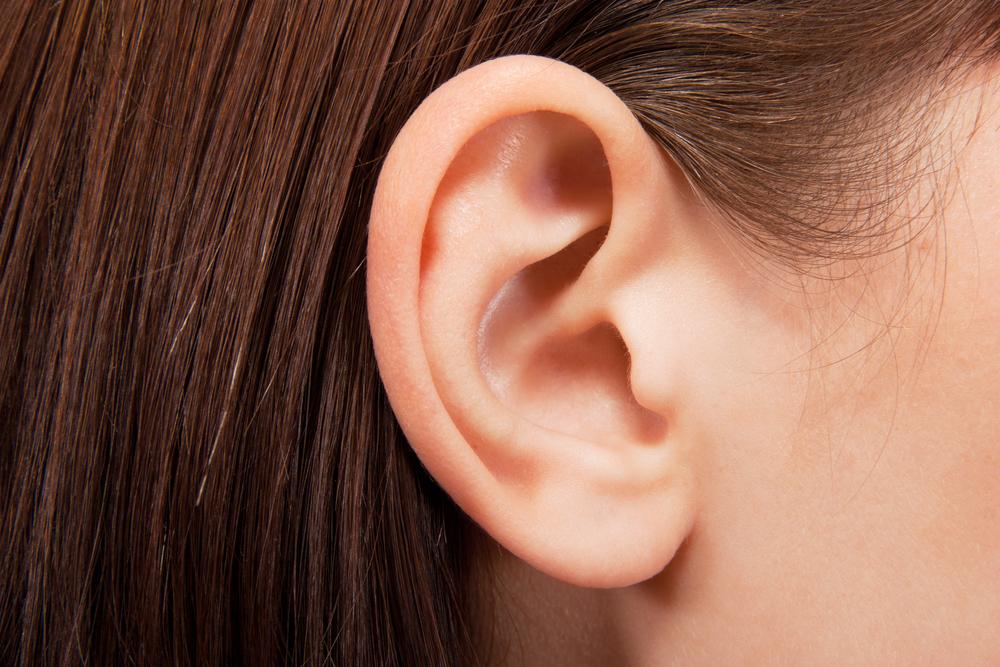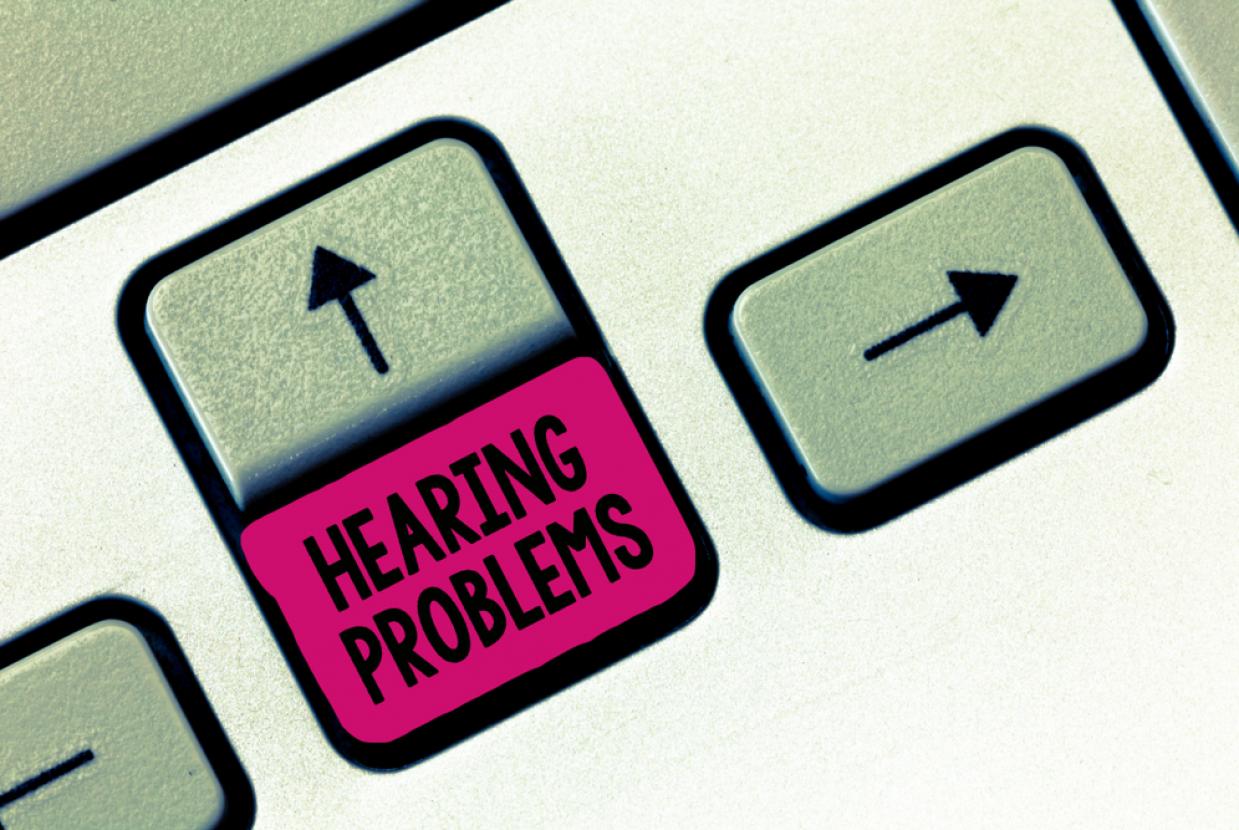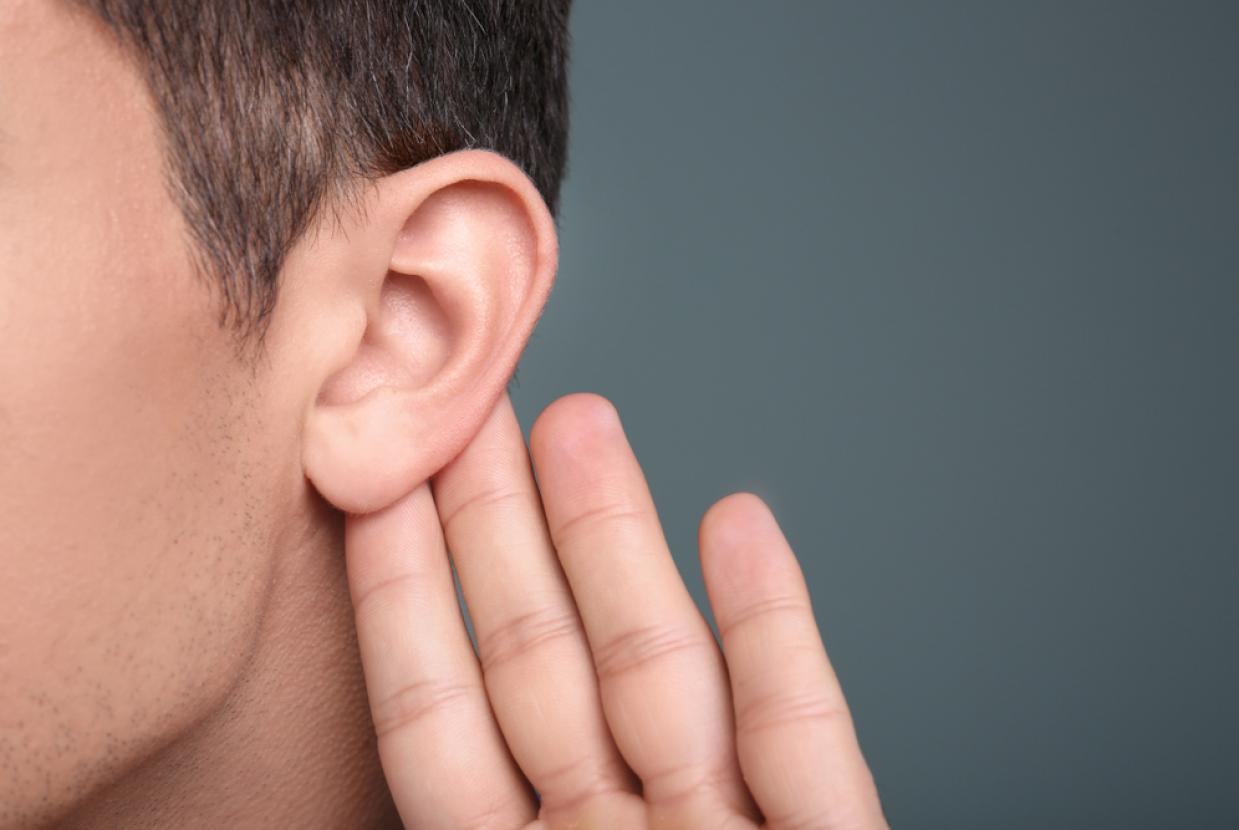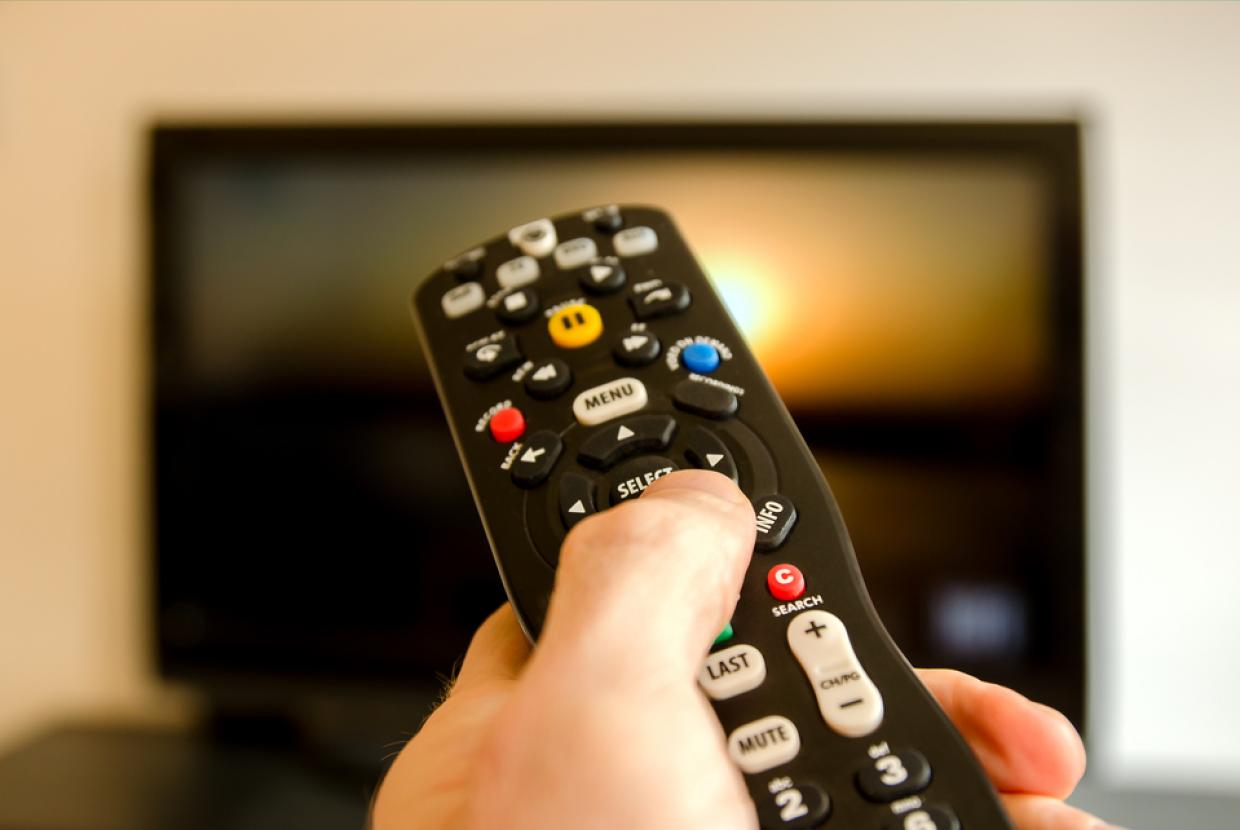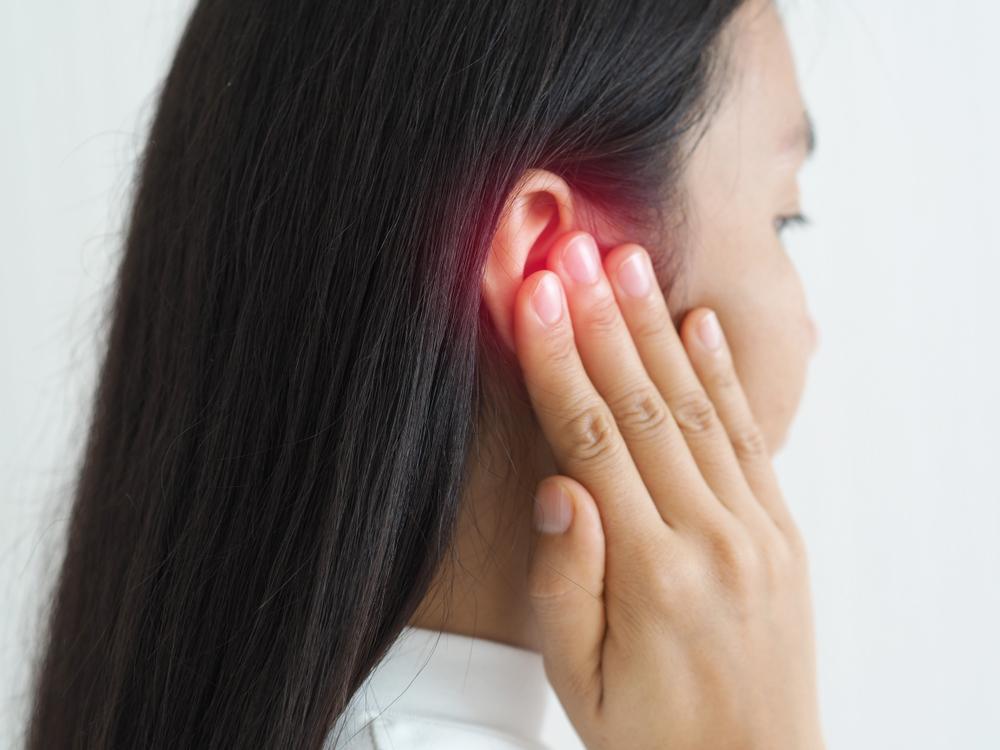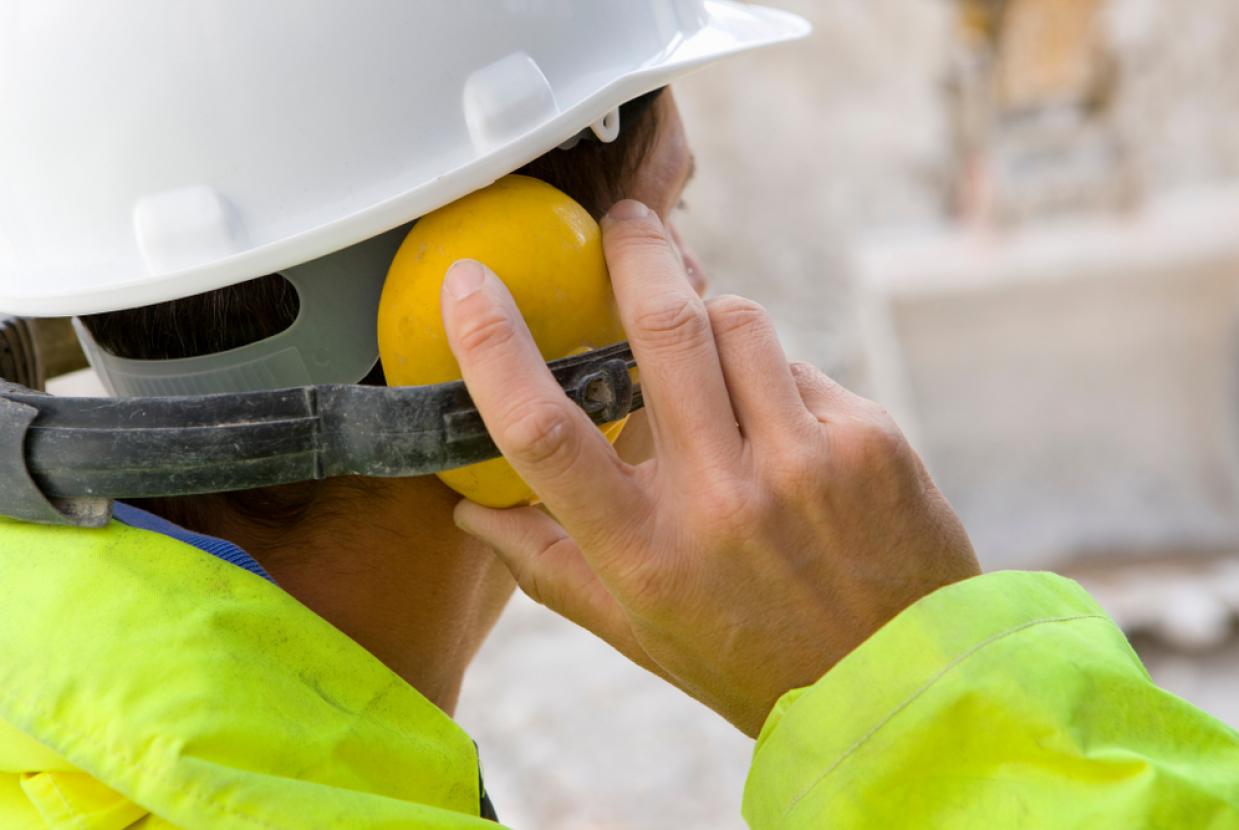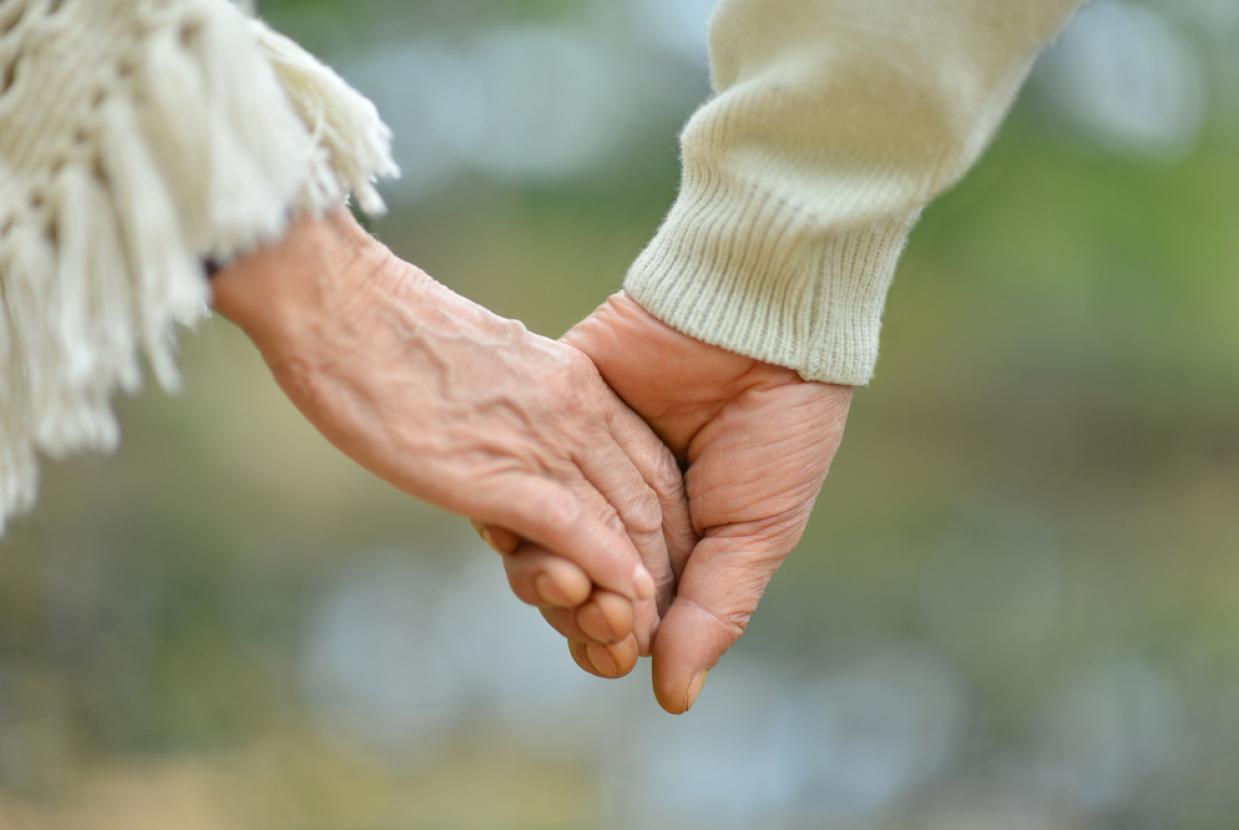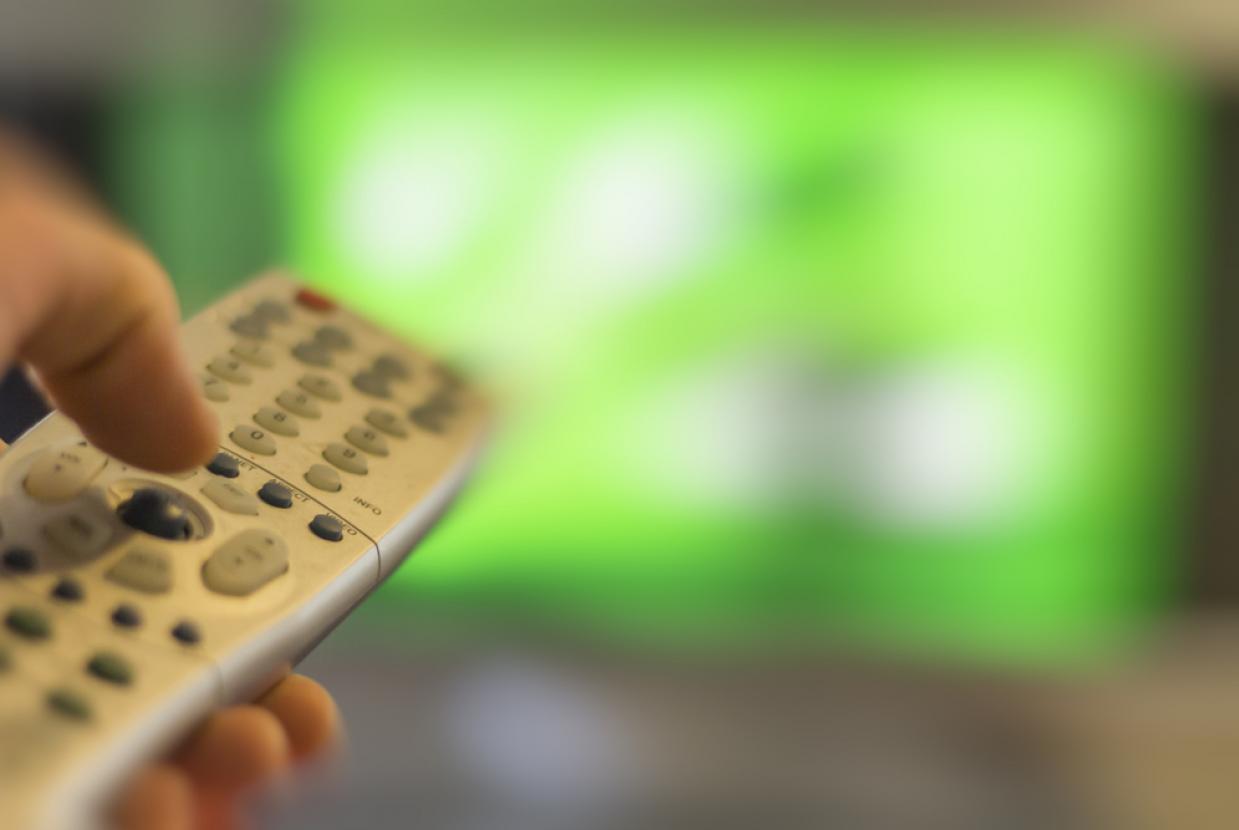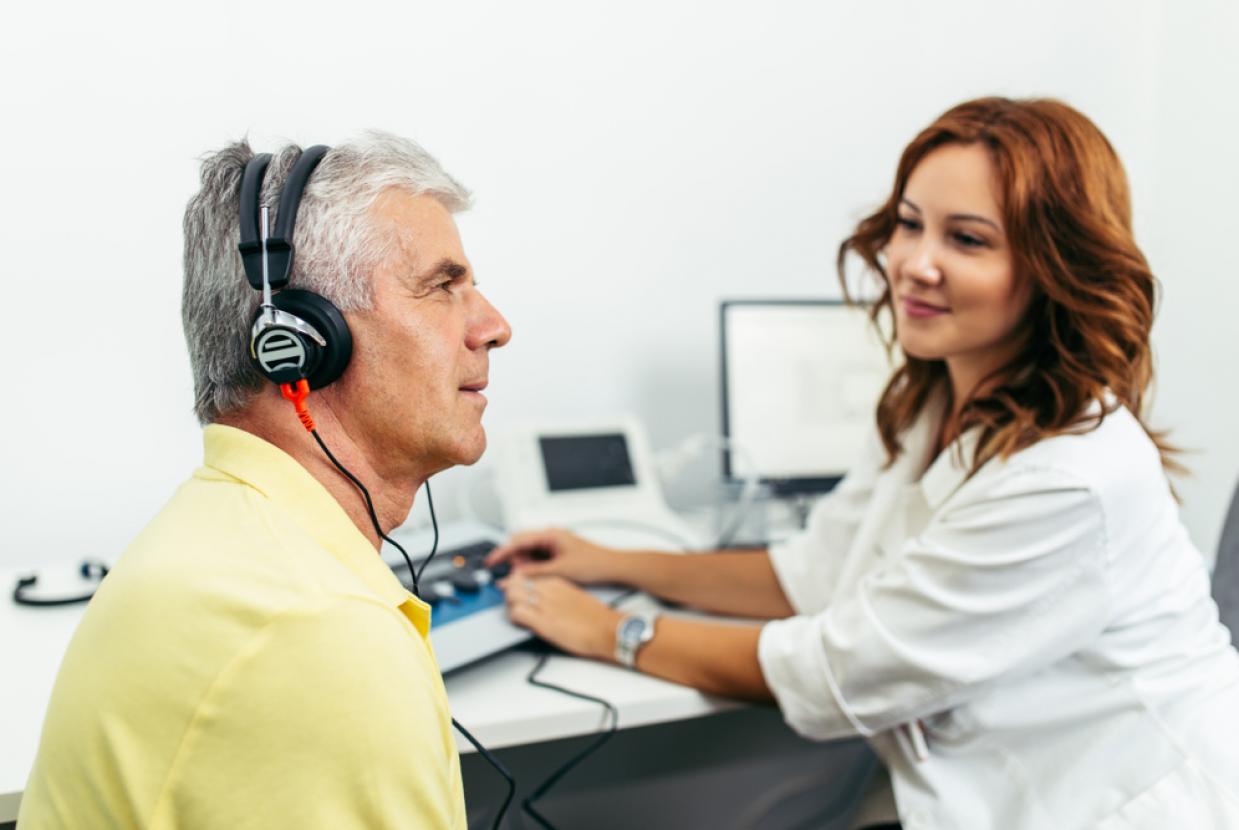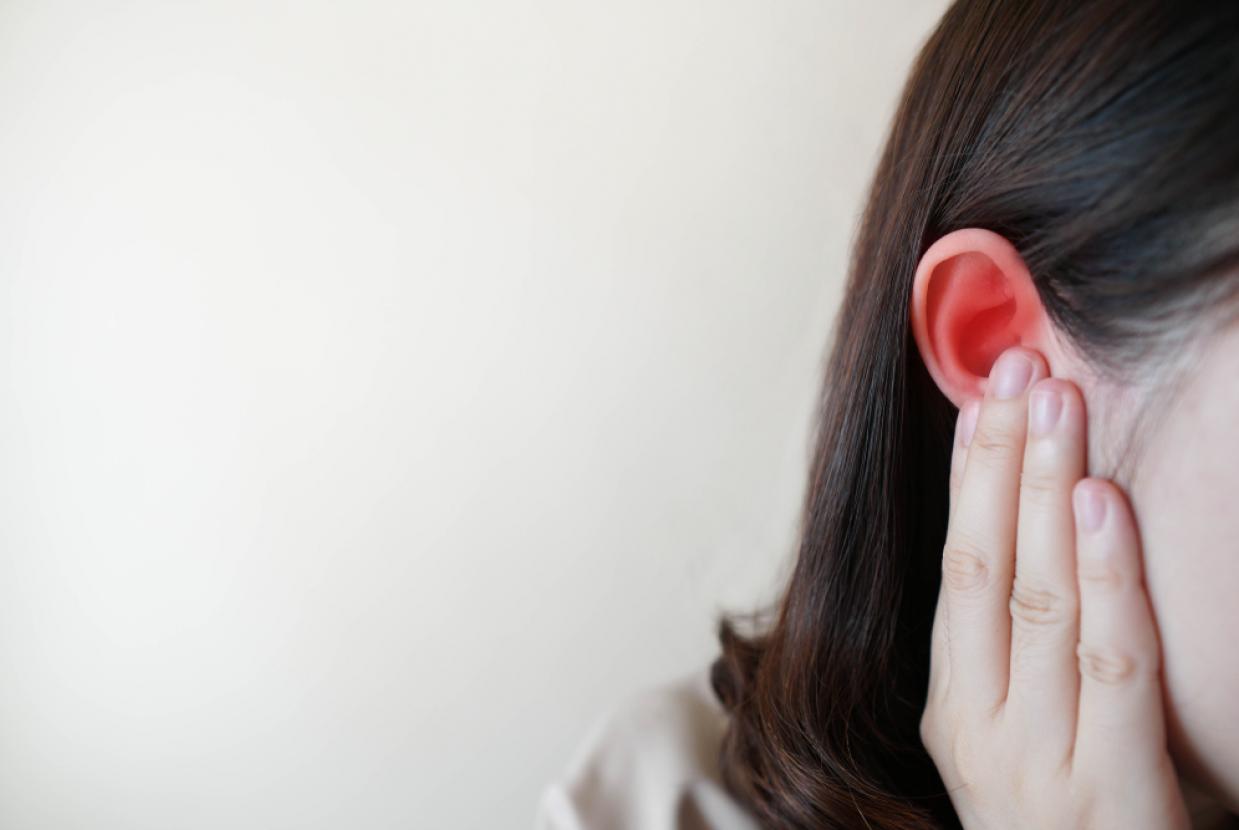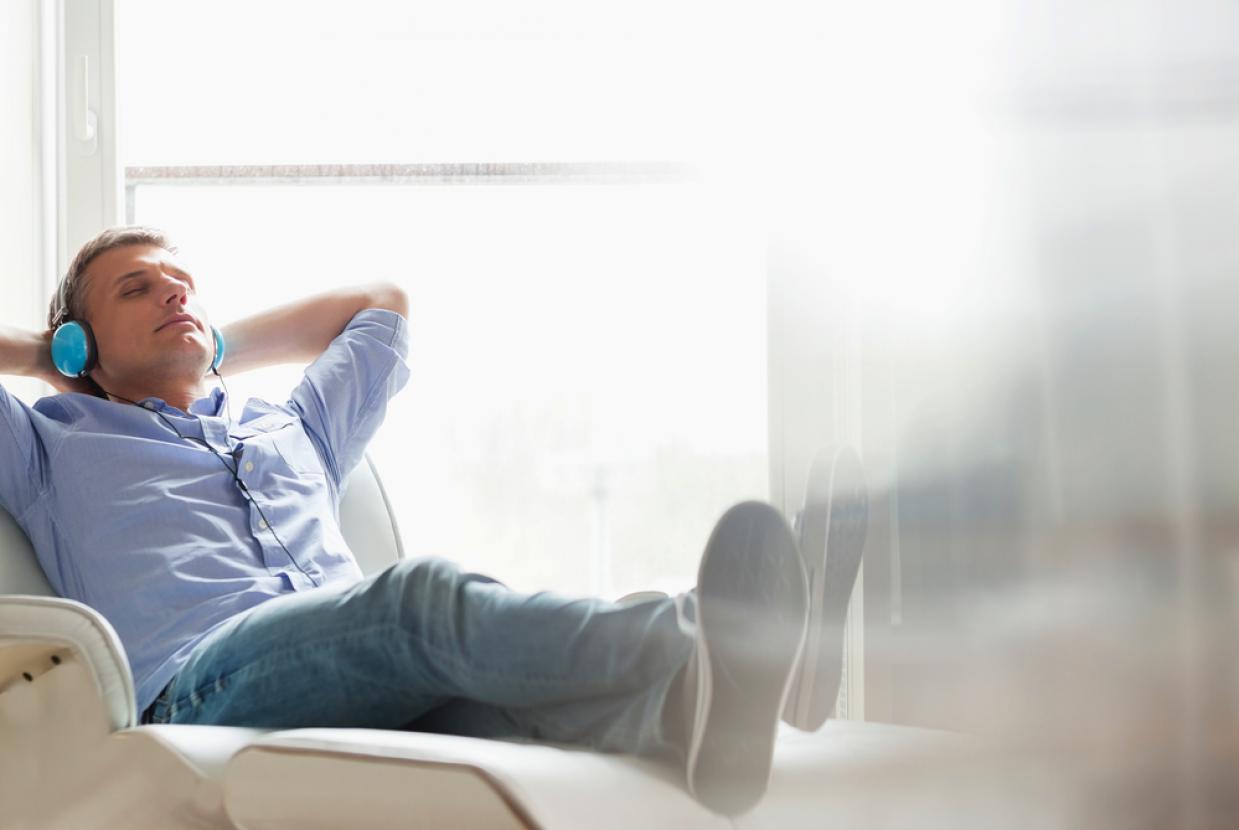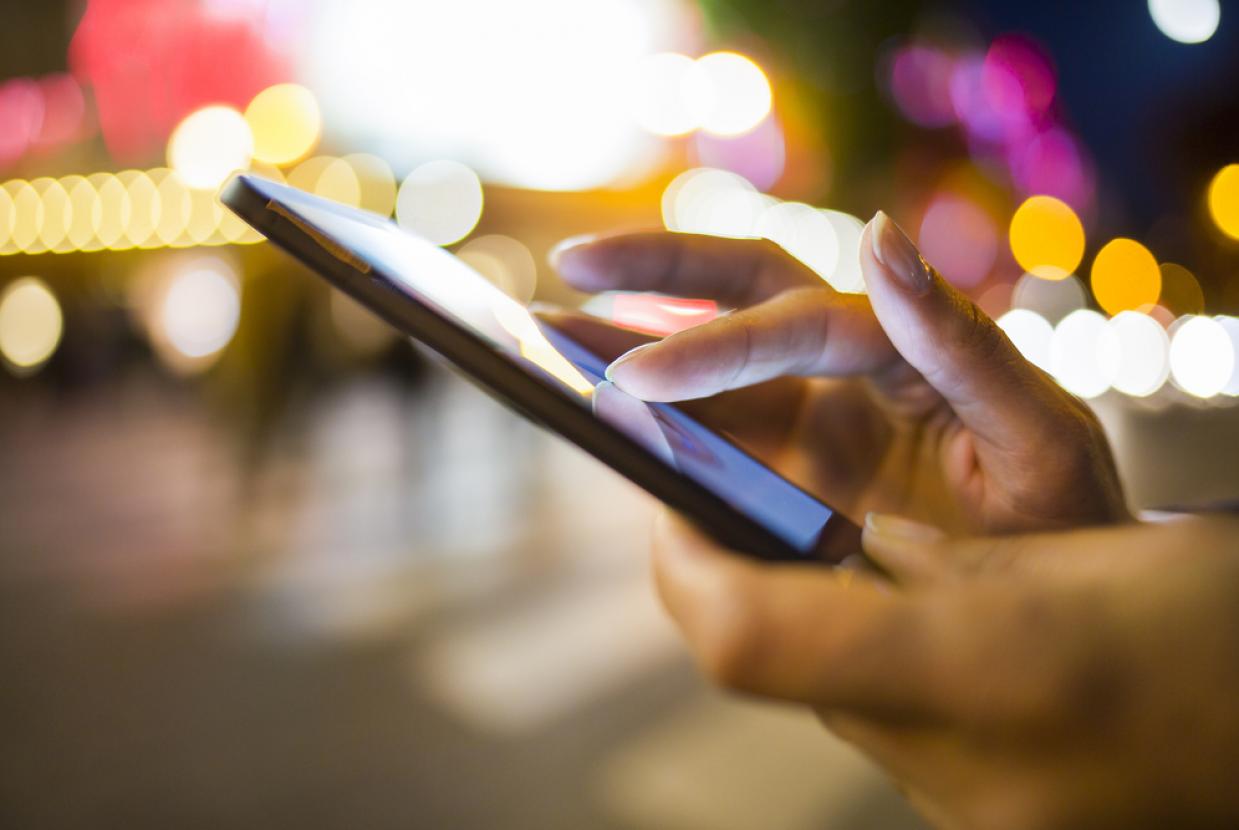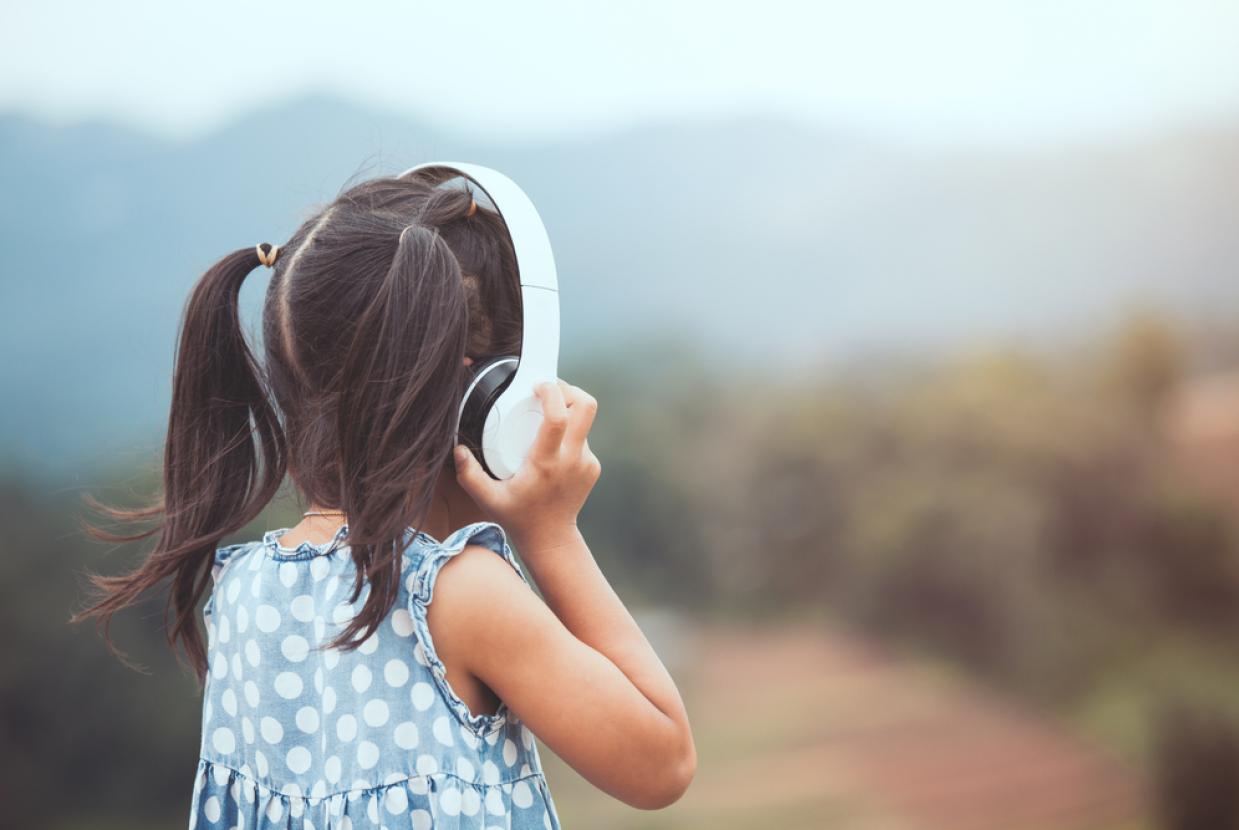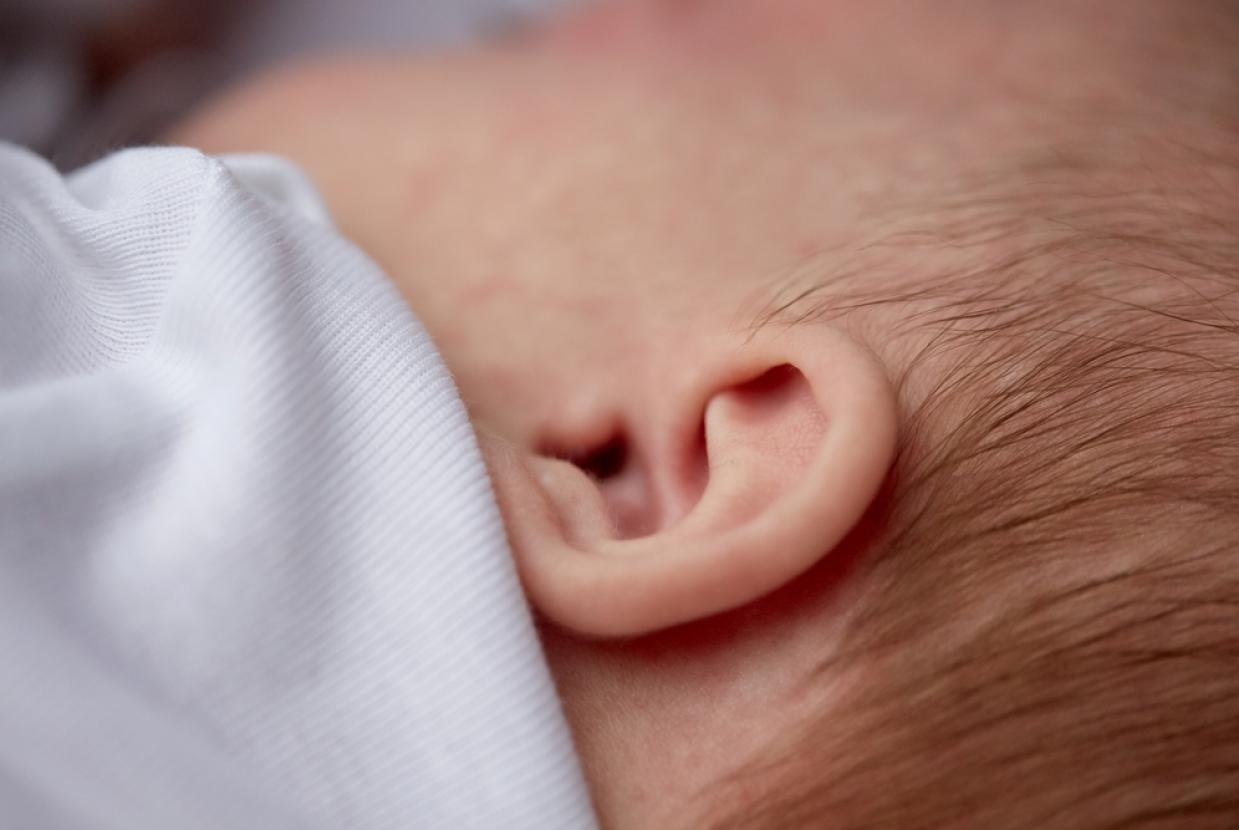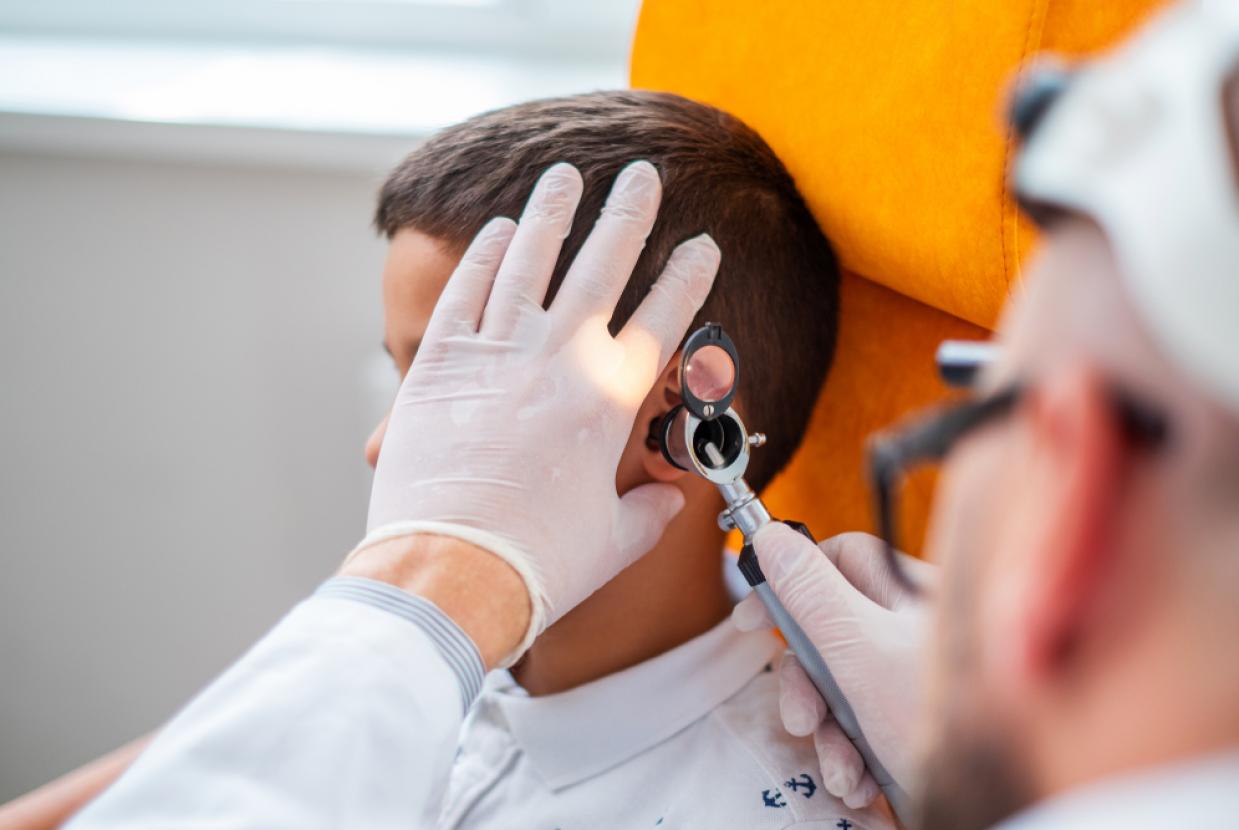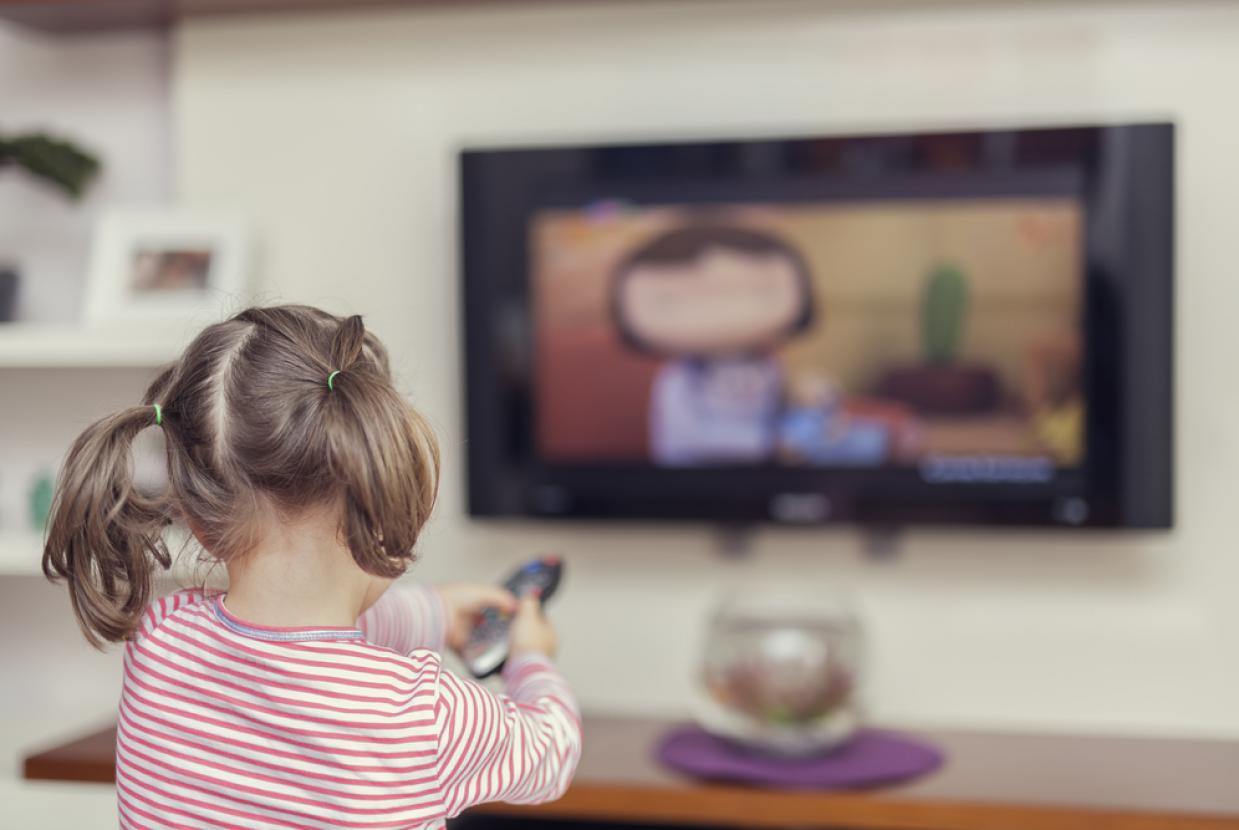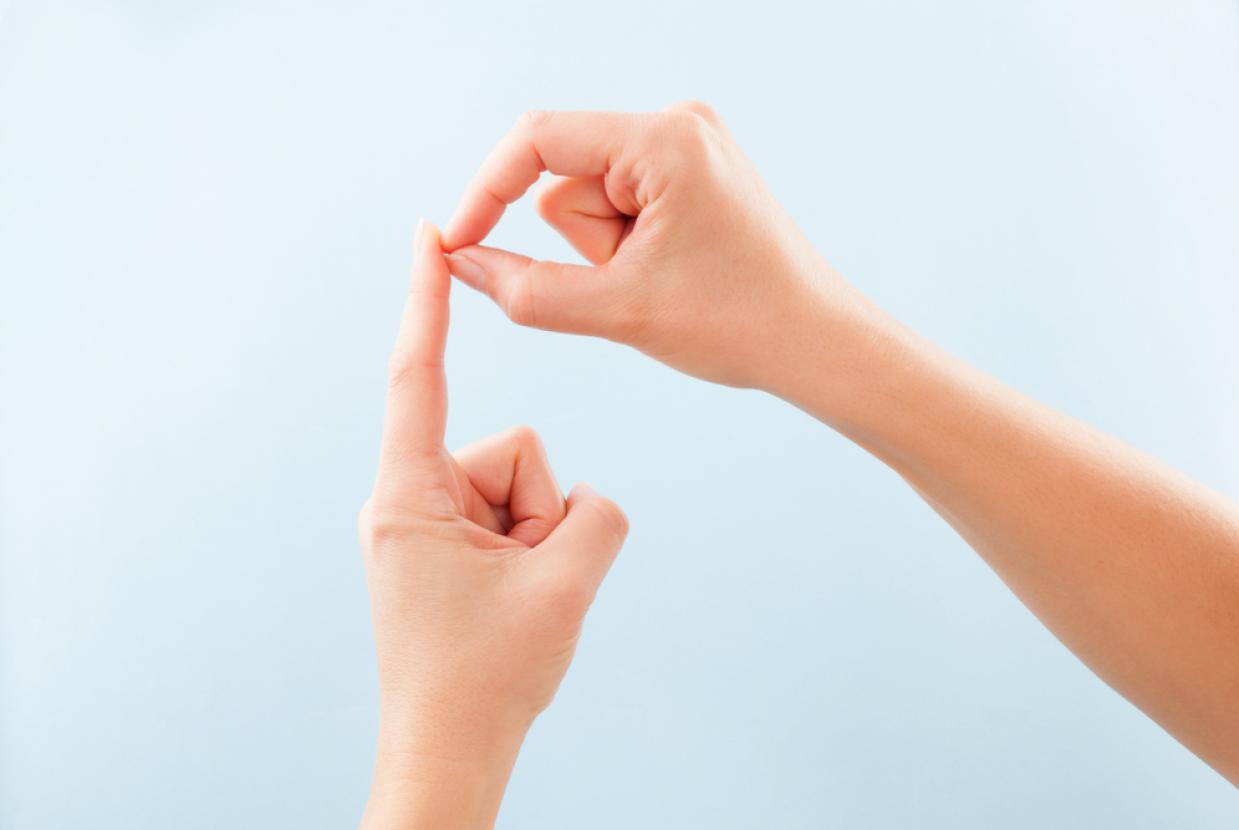How loud is too loud?
HearingIt can be hard to tell how loud sounds are. Here’s our guide to understanding how loud is too loud, so you know when to use hearing protection.
Noise is measured using the decibel (dB) scale, which reflects the sensitivity of human ears to different levels and frequencies of sound.
Here are some examples:
- 0dB – the quietest sound a healthy human ear can hear
- 40dB – a quiet library
- 60dB – ordinary spoken conversation
- 85dB – a food blender
- 88dB – heavy traffic
- 91dB – a pneumatic drill
- 97dB – an industrial fire alarm
- 100dB – a nightclub
- 110dB – a live gig or concert
- 130dB – an aeroplane taking off 100m away
- 140dB is the level at which noise causes pain for most people, although some people may find lower levels painful too.
Dangerous decibel levels
85dB is the threshold level at which your hearing can become damaged over time.
Sounds under 85dB are safe to listen to – you don’t need to use any hearing protection. But if you work in a noisy environment and the sound levels reach 80dB, your employer should assess the risk to your hearing and give you information about this.
How long you’re exposed to noise matters
The length of time you can ‘safely’ be exposed to sound over 85dB without needing to use hearing protection depends on how loud it is.
Sound intensity (the energy the sound wave carries) doubles with every increase of 3dB. So even though, for example, the sound of heavy traffic doesn’t sound twice as loud as a food blender, it’s twice as intense.
The safe exposure time for 85dB is up to eight hours a day. Remember that you’re exposed to lots of different sounds that are 85dB or over throughout the day, and this exposure time adds up. As sound intensity doubles with every increase of 3dB, the safe exposure time halves. So, for example, the safe exposure time for 88dB is four hours.
You’re at risk of hearing damage after just 15 minutes when you’re in an average nightclub, which plays music at 100dB, if you don’t use earplugs to protect your ears. For sounds of 110–120dB, even a very short exposure time can cause hearing damage.
An easy way to tell if noise is too loud
It can be hard to tell how loud sounds are, but if you can’t talk to someone who’s about 2m (6ft) away without shouting because of background noise, it’s likely that noise levels are dangerously high. There are decibel reader apps that are available to download onto your smartphone or tablet, but these should only be used as a guide and aren’t designed for professional use.
You may be exposed to noise that’s dangerously loud if you go to music events, listen to music through headphones, shoot for sport, ride a motorbike or use power tools. If you find you can’t hear properly or have ringing in your ears for a few hours afterwards, it’s a sign you’ve been exposed to noise that’s loud enough to damage your ears and you may have developed a slight and permanent hearing loss. If you keep exposing yourself to loud noise, this damage will become more noticeable and permanent over time.
If noise is so loud that it hurts your ears, you should immediately leave the venue or stop the activity that’s causing the noise – and use hearing protection in future.
Remember, the louder the noise is and the longer you are exposed to it, the higher the risk to your hearing. You can protect your hearing by lowering the volume of music, reducing the time you’re exposed to loud noise, and using earplugs or ear defenders in noisy environments.


